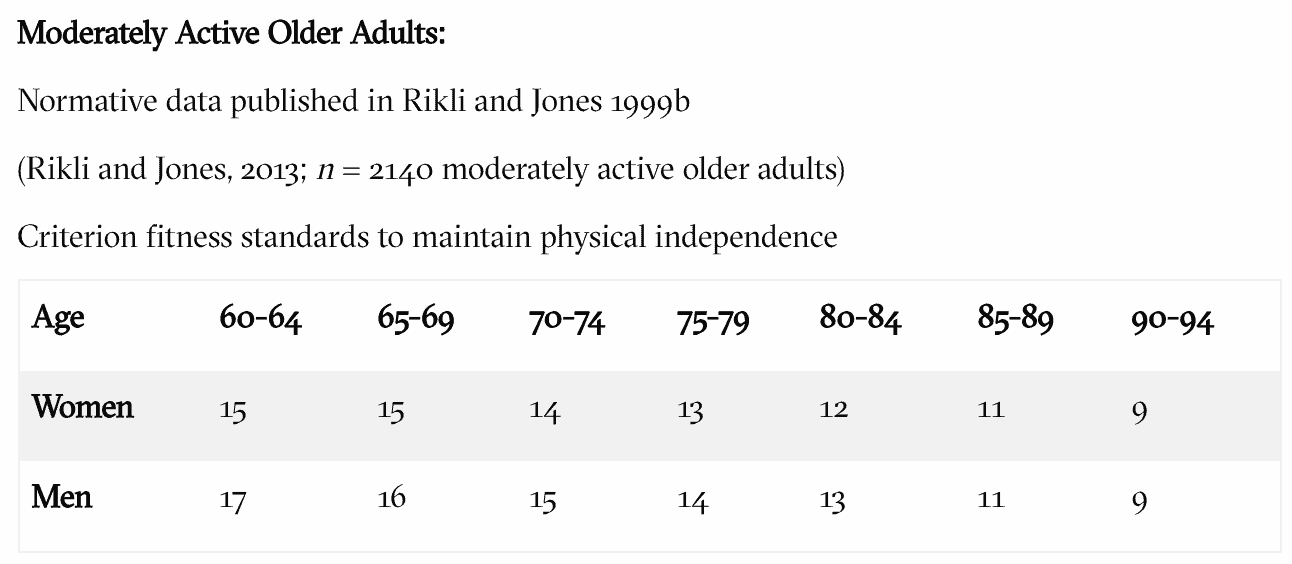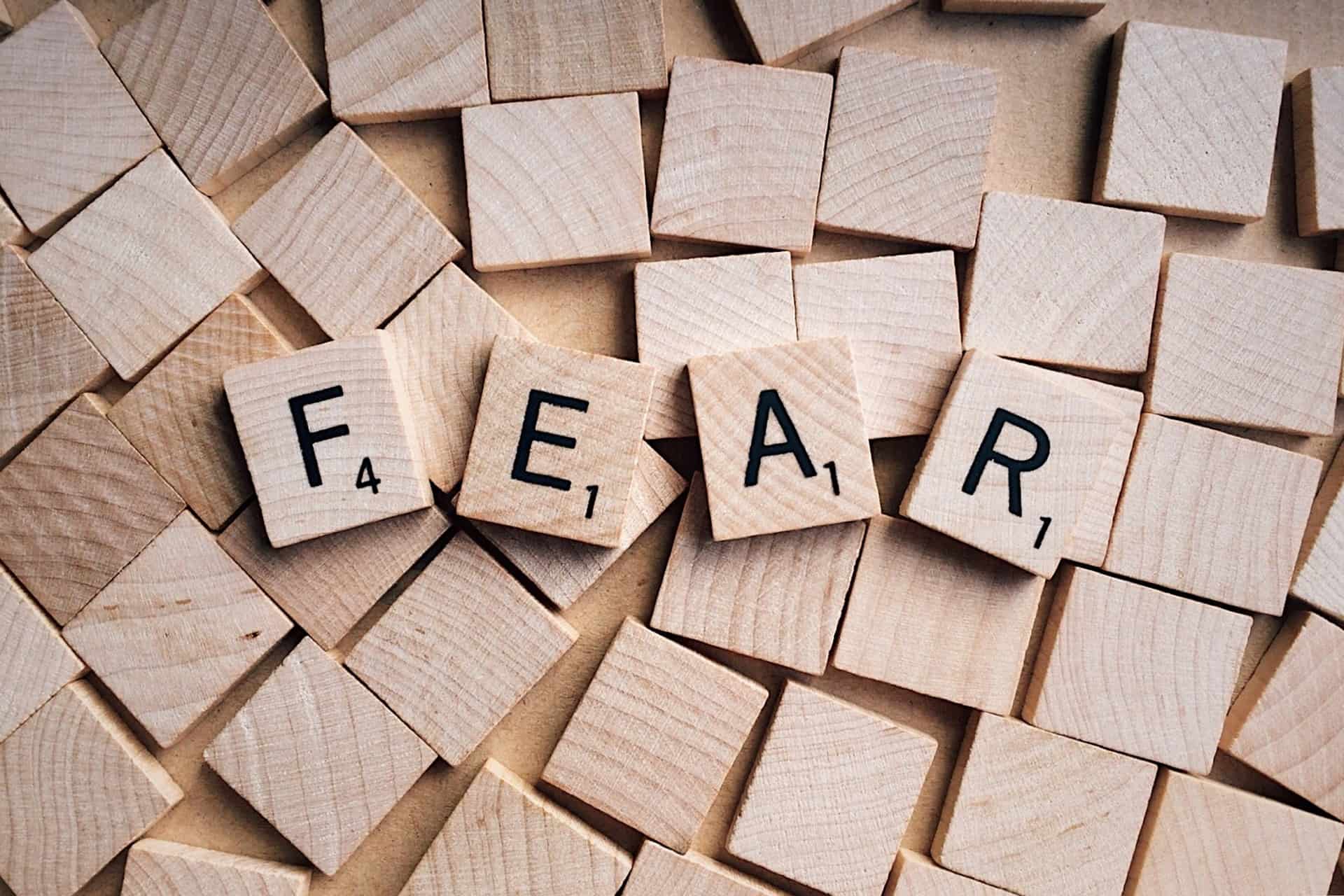Many seniors are scared of falling and take multiple precautions to avoid a slip. With as many as 29 million falls and 7 million injuries happening every year in adults 65 and older, seniors are right to be concerned. But there’s a point where the fear of falling actually increases your risk of taking a tumble. Below we discuss how and why, and what you can do to assess your fall risk from home.
How Fear and Risk of Falling Relate
Studies show that when we’re scared or anxious about falling and hurting ourselves, we overcompensate through a “stiffening strategy.” That’s when we reduce our range of motion by stiffening our bodies and change our posture to keep from losing our balance. While these movements might help if you’re standing still, it can prevent your body from making needed adjustments to maintain balance in real-world tasks like walking on uneven pavement.
Another problem is that seniors afraid of falling may reduce their overall physical activity and exercise levels, leading to increased muscle weakness and sarcopenia (age-related muscle loss). This leads to reduced physical strength, frailty, and slower walking speeds, and may even cause falls or close calls. These events only make a senior’s fear of falling worse, and perpetuates a vicious cycle that increases a person’s fall risk at every go-around.
Why High Physical Resilience Is Important
Building your muscle strength and bettering your physical fitness through targeted exercises help strengthen your balance, giving you more confidence that you can stay on your feet. It also lets your body appropriately respond to your environment to stop it from falling.
The chart above shows that unless we actively work to maintain or improve our physical resilience, we’ll grow frailer as we age. The result is we can’t rebound as quickly from negative stressors like falls, deaths in the family, and even retirement. The flip side is also true so that the greater our physical resilience, the higher our capacity to rebound from all external stressors.
Compare your score with the average of your age group using the chart below. Being within the age-adjusted norm can give you confidence that your strength is satisfactory and your fall risk is low.

Need to Get Stronger?
Are you not as strong as you need or want to be to reduce your fall risk? Dr. Donovan assesses where there’s room for improvement and creates a tailored treatment plan for you to carry out at home and in the office. Call 720-507-3962 to schedule a consultation or easily request an appointment online.



